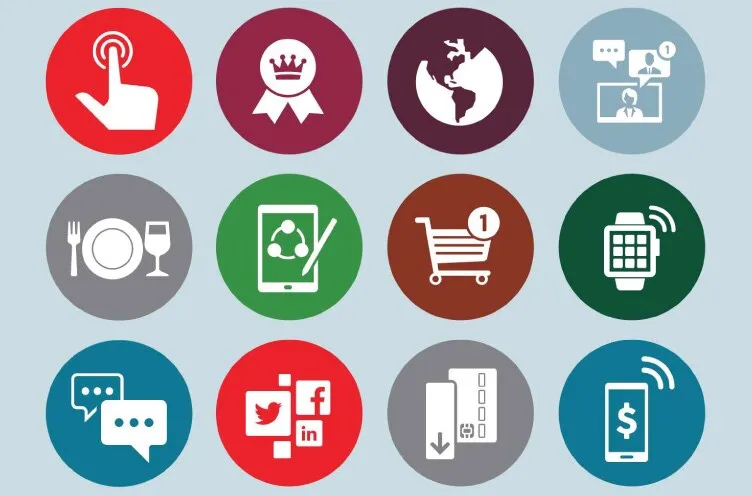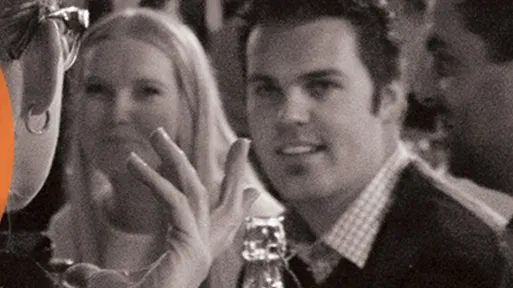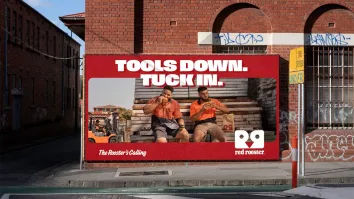
What could mobile POS do for your restaurant?
Mobile devices is not a guarantee for mobile success, Oracle senior director Ned Rowland argues.
(Editor's Note: The piece was written by Oracle senior director Ned Rowland. Republished with permission. Link to original article here.)
There’s nothing quite like doing your own field research when you’re in the food and beverage technology business. Which explains why, not that long ago, I visited more than a half dozen restaurant chains and tested their various mobile POS capabilities to place orders.
At a time when mobility often is touted as an elixir for restaurateurs – by generating more revenue, expediting service and increasing customer loyalty – you’d expect my ordering experiment to have gone flawlessly.
But it didn’t. Not even close.
In some shape, manner or form, nearly every order I placed on the mobile POS solutions had some problem with it. In almost every case, the mobility technology lived up to its billing and functioned properly. But things clearly went awry when fulfilling the orders. My research made one point clear: Mobility doesn’t work in isolation.
In other words, simply deploying mobile devices isn’t a guarantee for mobile success. Food and beverage operators need to incorporate mobility into every facet of their business – making it a focal point, not just an ancillary component. It’s important to take such a holistic approach and use mobility as a vehicle to orchestrate back-office as well as front-of-house operations. Only then can restaurateurs create a real opportunity to reexamine – and reinvent – their business and tap mobility’s full potential.
That conclusion is echoed in Oracle’s major new research report – 2019 Food and Beverage Mobility Benchmark – Mobile Maturity Analysis. The just-released study provides a “state of the industry” look at mobility’s use and effectiveness. Among the key findings regarding mobility’s benefits:
- 93% believe it promotes loyalty and drives repeat business
- 89% believe it drives sales growth
- 84% believe it reduces labor costs
- 96% believe it will save time and money on back-end functions
But for all their faith in the power of mobility, 62% of survey participants expressed doubts about their ability to keep pace with the speed of mobile technology changes, and 59% said their company faces the threat of disruption from more mobile-enabled competitors.
Why the apprehension? What’s preventing restaurateurs from becoming mobile savvy? I’d argue that there’s a reluctance to embrace change management or an uncertainty about how to execute it. For starters, three key areas of business – operations, IT structure and marketing – need to revolve around mobility.
And that requires a whole new perspective. Operators need to ask themselves: “How are we going to change our workflow process?”
In theory, deploying mobile POS tablets, for example, should reduce wait times for guests because it’ll eliminate the running back and forth to the kitchen by staff to place orders. But the “end game” for using such devices shouldn’t just be about accelerating table turns. Rather, operators need to reevaluate their employees and select those who can serve as their best ambassadors. The objective should be to empower them with tablets to provide guests with better service and increased availability. Bottom line: Use technology to nurture guest relationships and find “fixes” for anything that interferes with this primary goal.
From an operational standpoint, it’s also critical to determine how to best use mobility to access data in real time. That capability changes the dynamic for managers, enabling them to better tackle issues such as proper levels of staffing and inventory management. That, in turn, can lead to efficient processing of orders from the plethora of new digital channels.
None of this works, of course, without taking into account new IT considerations. That means everything from setting up a reliable, wireless infrastructure to making sure that tablet screen designs relate to what you’re selling. For example, the most commonly ordered items should be readily visible on the screen to facilitate sales.
Perhaps, most importantly, mobility’s impact on business – and the changes they’ll create for staff as well as guests – need to be communicated with purpose and clarity. And that’s where marketing comes into play. It’s imperative that any introduction of technology comes with a simple-yet-thorough explanation of the why and how.
When debuting mobile POS tablets, operators shouldn’t spring them upon guests as a surprise; if nothing else, it’s a courtesy to let them know about their introduction because you’ll be changing the way they experience your brand. One message that could be delivered: Tablets will allow our staff to “stay with you,” responding faster to your needs and providing more information to better answer questions about menu options or nutritional guidance. Such communication should be delivered to guests in multiple ways, including producing table tents, sending emails and having managers address guests at their tables.
Mobility, like any technology, is all about helping staff do their jobs better. That’s where the true secret to success lies.
To learn more about Oracle’s 2019 Food and Beverage Mobility Benchmark and to evaluate your “mobile readiness,” check out our assessment tool. Find out how you stack up against the competition!
Learn more about Oracle MICROS mobile POS hardware here.
























